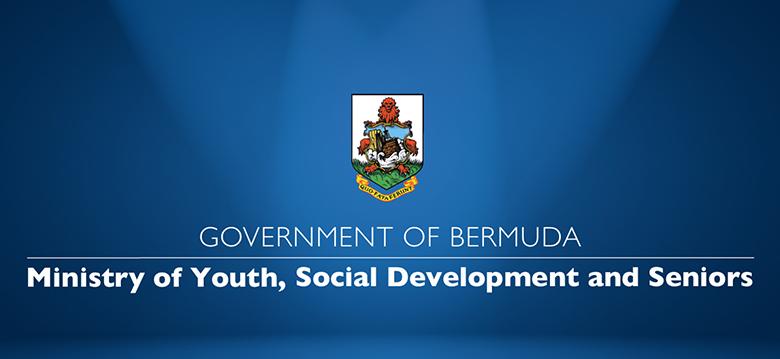
The Ministry of Youth, Social Development and Seniors recognises Disability History Month, observed from 20 November to 20 December, as a time to reflect on Bermuda’s long history of disability advocacy, acknowledge the many individuals who helped drive progress, and reaffirm the Government’s commitment to building a more inclusive and accessible society.
In the early 20th century, people with disabilities in Bermuda, as elsewhere, often lived apart from community life, with limited opportunities and few supports. However, determined families and advocates began challenging these conditions, laying essential foundations for change. Pioneers such as Edna Watson helped establish the Committee of 25 for Handicapped Children and the Children’s Convalescent Hospital in the 1950s, while the decades that followed saw the creation of specialised schools, vocational workshops, and community programmes that broadened support for children and adults with disabilities.
By the 1970s and 1980s, stronger advocacy had emerged, led by figures such as Kathleen Margaret Carter, whose work helped expand accessible transport options, open residential facilities such as Summerhaven, and secure legal protections through the amendment of the Human Rights Act to include disability in 1988. Accessibility requirements and new community initiatives continued to shape Bermuda’s landscape, though gaps in implementation highlighted the need for sustained commitment and accountability.
In the 21st century, Bermuda introduced further measures to strengthen disability rights, including expanded definitions in the Human Rights Act, the introduction of reasonable accommodation provisions, and ongoing policy work through national committees and advisory councils. More recent achievements include the National Plan for Adults with Intellectual Disabilities and their Families (2023), the launch of the National Disability Register and mobile application (2024), and Bermuda’s adoption of the United Nations Convention on the Rights of Persons with Disabilities, becoming the first British Overseas Territory to do so. These steps reflect a growing focus on data, access, legislation, and long-term strategic planning.
Today, supported by the Disability Advisory Council and Ageing and Disability Services, the Ministry continues to work toward improving accessibility, enhancing services, strengthening accountability across systems, and ensuring that persons with disabilities are fully included in public life. Disability History Month offers an opportunity to recognise how far Bermuda has come while acknowledging the ongoing responsibility to remove barriers and create a society where everyone can participate equally.
The Ministry also recognises and extends appreciation to the many charities and organisations that continue to support persons with disabilities and their families, including Tomorrow’s Voices, WindReach Bermuda, BASE, Vision Bermuda, Bermuda Mental Health Foundation, the K. Margaret Carter Centre, Friends of Hope Academy, Inspire Bermuda, the Bermuda Physically Handicapped Association, the Bermuda Paralympic Association, the Multiple Sclerosis Society of Bermuda, the Bermuda Islands Association of the Deaf (BIAD), Bermuda Special Olympics, the Bermuda Hospitals Board, KEMH, MAWI, the Human Rights Commission, Learning Disabilities Association of Bermuda, Committee of 25, Project Action, Project 100, and Beyond Inclusion.
These organisations are also a part of Bermuda’s Disability History and continue to chart the course and growth needed to support persons with disabilities across the island. Their dedication, expertise, and advocacy remain essential to advancing inclusion and improving quality of life across the island.
